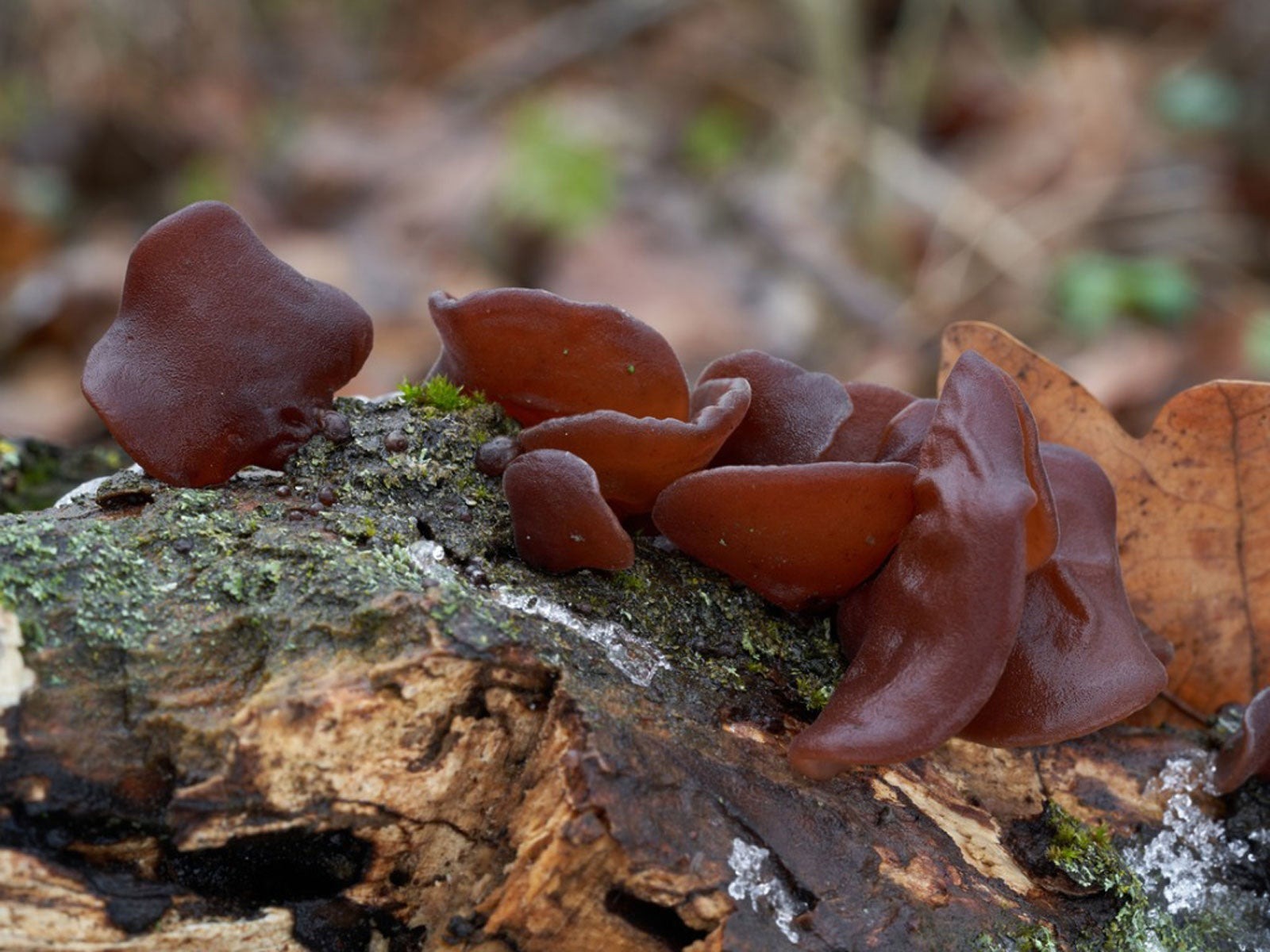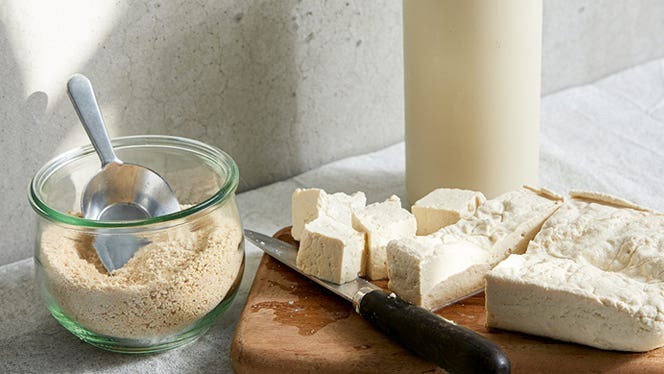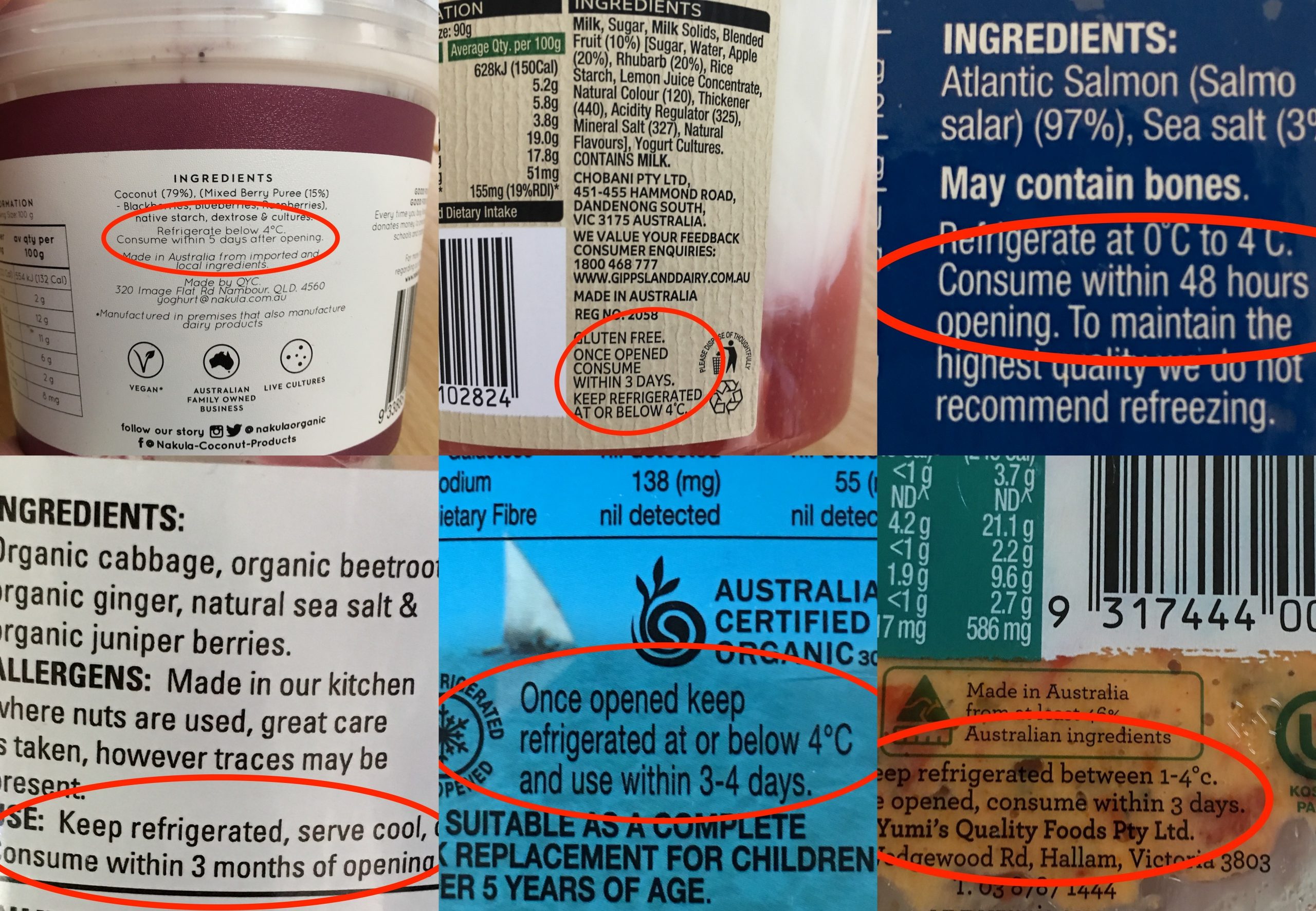It’s a common habit: cooking in bulk to save time, then storing leftovers in the fridge for the next day. For many, it’s part of daily life. But have you ever stopped to consider that this convenience could come with hidden health risks?
A recent tragic case in China has cast a sobering light on the dangers of eating leftovers that have been stored improperly. A 50-year-old man suffered from severe diarrhea after consuming leftover food kept at home. Despite hospital treatment, his condition worsened quickly, and sadly, he did not survive.
The Tragedy Behind a Simple Meal
According to hospital reports, the man had been experiencing diarrhea more than 10 times a day. While receiving IV treatment, he suddenly fainted and was rushed to a higher-level hospital. Unfortunately, his heart had already stopped, and after 40 minutes of emergency care, he could not be revived.
Doctors suspected that acute enteritis, triggered by eating food left in the fridge too long, caused his rapid decline. The condition led to severe dehydration and electrolyte imbalance, which in turn caused acidosis and hyperkalemia—both potentially fatal.
This heartbreaking incident raises a critical question:
Can Overnight Food Really Be That Dangerous?
The answer is: yes—if stored or consumed improperly.
Even if food hasn’t technically been stored “overnight,” leaving it for more than 8–10 hours, especially at room temperature, can already classify it as “leftover”—and potentially risky.
What Science Says:
The Ningbo Food Testing and Inspection Institute conducted a study to examine how leftovers change over time.
Researchers prepared 30 common household dishes using meat, fish, and vegetables. These dishes were divided into categories—meat-based, mixed, vegetarian, and cold dishes—and stored at two temperatures: 4°C (fridge) and 25°C (room temperature).
Key Findings:
-
Vegetables stored at 4°C for up to 6 hours showed little change in nitrite levels and minimal bacterial growth.
-
Vegetables stored at 25°C for more than 6 hours, however, saw significant bacterial growth, even if nitrite levels remained stable.
Bottom line: Safe storage matters. Food stored in a clean environment, at low temperatures, and for less than 24 hours, is generally safe to eat once more. But the longer it’s kept—even in a fridge—the higher the risk of nutrient loss and bacterial contamination.
5 Foods You Should Never Store Overnight
While many foods are safe for short-term storage, these five are exceptions. Here’s why:
1. Mushrooms and Wood Ear Fungus
These fungi are rich in complex proteins that degrade when reheated, potentially harming your digestive system. Additionally, they naturally contain nitrates, which can convert into harmful nitrites and toxins over time, especially when left too long—even in the fridge.
✅ Eat the same day they’re cooked.

2. Leafy Green Vegetables
Think spinach, lettuce, bok choy, and mustard greens. These veggies are high in nitrates, and when stored at room temperature for too long, nitrite levels rise. On top of that, vitamins and antioxidants degrade quickly, especially in the leaves and stems.
✅ Best eaten fresh. Avoid leaving them out or reheating.
3. Soy Products (Tofu, Soy Milk)
Soy-based foods are rich in nutrients—which also makes them ideal breeding grounds for bacteria. If left too long, especially without proper refrigeration, soy can become contaminated with Clostridium botulinum, a bacterium that causes paralysis and can be life-threatening.
✅ Store properly and consume quickly—never overnight without sealing and refrigeration.

4. Soft-Boiled or Undercooked Eggs
Eggs with runny yolks are not fully sterilized during cooking. Though delicious, these eggs can quickly become dangerous if left out. They’re especially prone to bacterial growth due to the high nutrient content.
✅ Eat immediately after cooking—avoid saving for later.

5. Seafood
Even after being cooked, some bacteria in seafood survive high heat. Refrigeration doesn’t kill these bacteria—it can even reactivate bacterial growth. Over time, seafood can also produce toxic protein breakdown byproducts, which may harm your liver and kidneys.
✅ Only eat seafood fresh. Never keep it overnight—even in the fridge.
Tips to Safely Store Leftovers
While not all leftovers are dangerous, proper storage is key. Follow these safety guidelines:
✅ 1. Cool Quickly & Store at Low Temperatures
-
Refrigerate leftovers within 2 hours of cooking.
-
Use clean, airtight containers.
✅ 2. Separate Meat and Vegetables
-
Keep different food groups in separate containers to prevent cross-contamination.
✅ 3. Label & Track Time
-
Use labels or reminders to track how long food has been stored.
✅ 4. Avoid Multiple Reheats
-
Only reheat once. Repeated heating and cooling cycles encourage bacterial growth.
✅ 5. Consume Within 24 Hours
-
Try not to keep any cooked dish longer than a day—even if refrigerated.

The Bottom Line
Leftovers can be a smart way to reduce waste and save time—but only when handled with care.
While food stored overnight can be safe under the right conditions, some dishes—like mushrooms, soy, and seafood—pose higher risks and should be eaten fresh.
And always remember: food safety isn’t just about what you store—it’s about how you store it.
Stay informed. Stay safe. And when in doubt—throw it out. 🥘🚫
